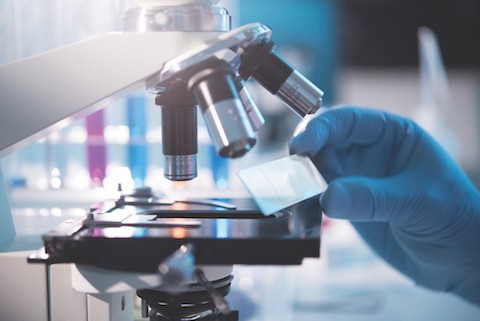
Coinciding with this year’s Rare Disease Day on 29 February, Clinigen has launched a new campaign aimed at accelerating access to medicines for rare disease patients.
There are over 7,000 rare diseases impacting over 300 million people globally, but only 5% have a licensed treatment.
Early Access Programs (EAPs) can give patients with life-threatening or debilitating conditions early, controlled access to unlicensed medicines that are still in development.
However, recent data released by Clinigen has revealed that 32% of the rare community were not aware that patients can access medicines before they are licensed.
The company’s new ‘What is Possible?’ microsite and campaign aim to highlight to both healthcare practitioners and patients that they/their patients could be eligible for EAPs and gain access to unlicensed medications or clinical trials.
Dr Lorna Pender, global patient engagement lead at Clinigen, said: “Shockingly, it can take five to thirty years to get a diagnosis of a rare disease, and when they finally receive one, patients often struggle to cut through the complex healthcare industry to find a way forward.
“Patients and doctors need to be backed by knowledge and resources, and knowing how to navigate their way to early access to medicines. That’s why we have launched the ‘What is Possible?’ campaign.”
Findings from Clinigen’s NaviGATE programme, built in collaboration between Clinigen and representatives of the rare community and patient advocacy groups, also showed that 74% of respondents would like to know which EAPs are available, and 69% want to know where they can access quality information about EAPs.
“It shouldn’t depend on where you live and the doctor you happen to see if you can get on an EAP,” Pender said. “We want to democratise the process and make EAPs available for more people in need.”
Recognised on the last day of February every year, Rare Disease Day is a global initiative aimed at bringing attention to rare diseases and improving equity in social opportunity, healthcare and access to diagnosis and therapies for rare disease patients.
Since being established in 2008 by the European Organisation for Rare Diseases, the day has played a critical part in building an international rare disease community and has seen a significant increase in events and campaigns across the world, with patient organisations, medical professionals and research institutions uniting to drive progress in rare disease research and advocacy.




